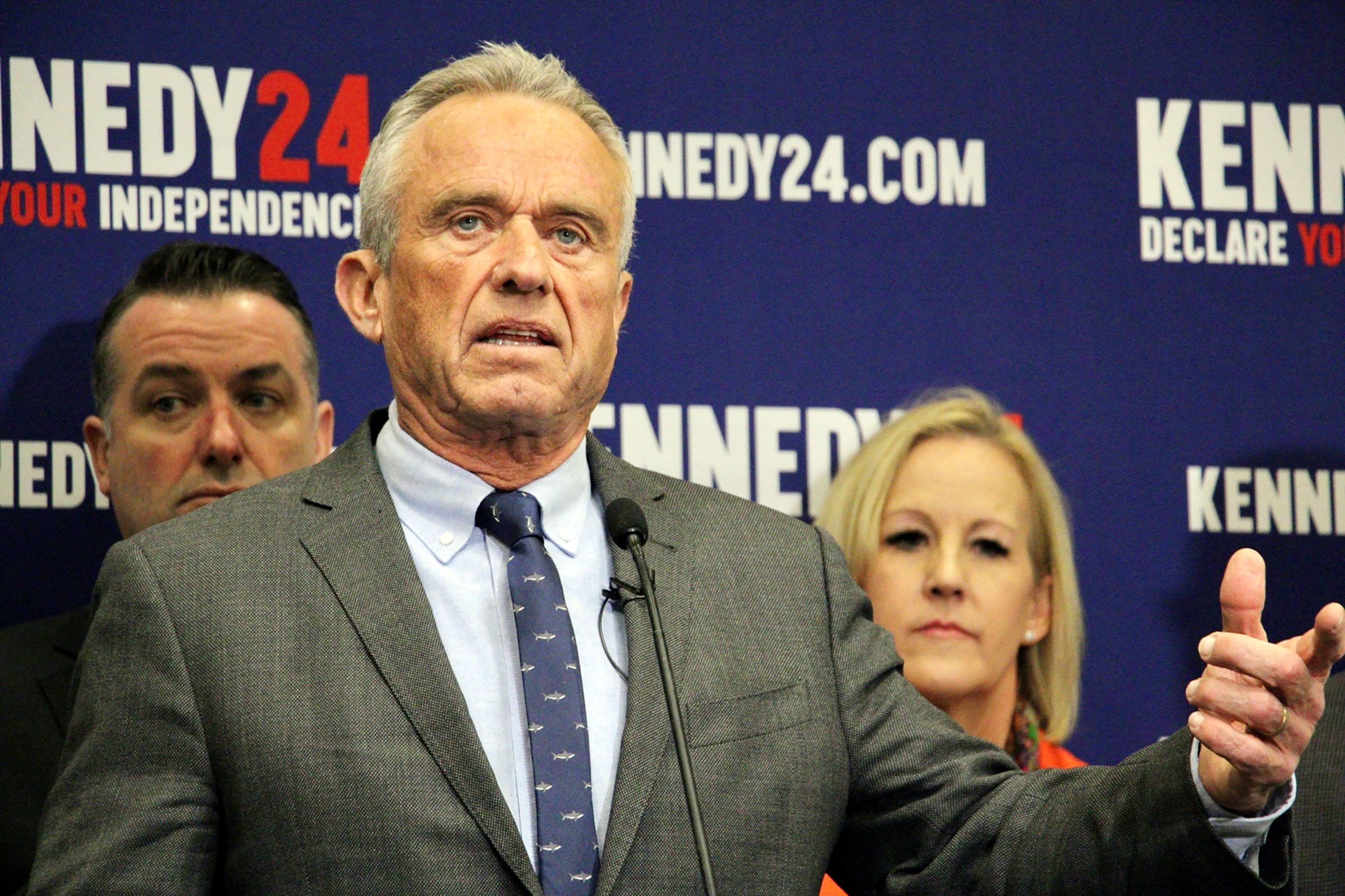Independent presidential hopeful, Robert F. Kennedy Jr., has officially filed his candidacy in Utah, marking the first state where he will appear on the ballot. This is the initial stride in his ambitious quest to be on the ballot in all 50 states and Washington, DC, as part of his longshot bid for the White House.
The Kennedy campaign has been focusing on Utah in recent weeks, successfully filing his candidacy and gathering the required 1,000 signatures for independent candidates. Kennedy expressed his gratitude to the campaign staff and volunteers who braved adverse weather conditions to gather signatures within the state’s original deadline.
“I have a deep connection to this state and am immensely grateful for the role that these volunteers and the people of Utah have played in this election process,” Kennedy said.
Despite a legal tussle with Utah Lt. Gov. Deidre Henderson last month over extending the filing deadline, Kennedy commended the volunteers for their timely efforts. “These volunteers beat the clock, gathering signatures in a very short period, despite snow, sleet, and harsh weather,” he said.
Recent polls, including a Quinnipiac University poll, show Kennedy receiving 22% support in a hypothetical three-way race with President Joe Biden and former President Donald Trump. This places him within striking distance of the White House, a prospect that Kennedy is confident about.
However, Kennedy criticized the application barriers for independent candidates in various states, citing specific ballot access provisions in West Virginia and Massachusetts and large signature gathering thresholds in states like California, New York, and Texas. He described these as “deliberately burdensome” to prevent independent candidates from getting on the ballot.
The Kennedy campaign has established a substantial operation to manage their remaining 50 ballot access initiatives amidst various deadlines and requirements. “We’re ready for whatever comes our way,” said Kennedy spokesperson Stefanie Spear. “We have the field teams, volunteers, legal teams, paid circulators, supporters, and strategy ready to get the job done.”
Spear revealed that the campaign is already working toward ballot access in a handful of other states, with Arizona or Missouri potentially being next. She also acknowledged ongoing efforts in Maryland and Nevada.
Kennedy also accused officials in Maine, New Hampshire, and North Dakota of bias towards major party candidates, alleging they refused to send the campaign ballot petitions. Despite these obstacles, Kennedy remains confident. “We will be on the ballot in 50 states and the District of Columbia,” he affirmed.
When asked about ballot access in Maine, where Trump was blocked from appearing on the ballot, Kennedy criticized officials in Maine and Colorado for seeking to remove Trump from their states’ ballots. “We have a democracy in this country. People ought to be able to vote for who they want to vote for,” he said. “I want to beat President Trump, but I want to beat him fair and square in an election where everybody gets to vote for who they want to vote for,” he added.

